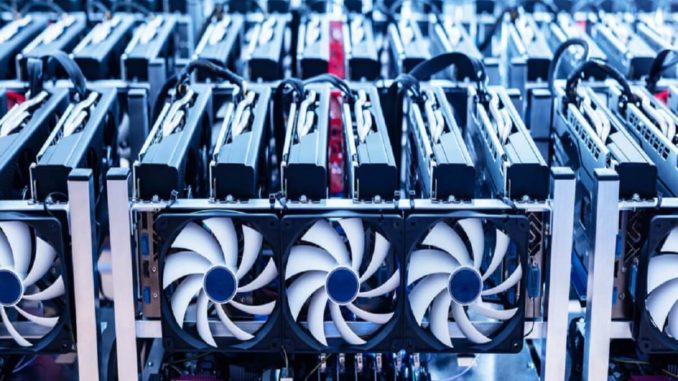
Citing liquidity issues, China based mining pool Poolin said it paused withdrawals from its wallet. The withdrawal halt could turn out to be a huge setback to the crypto ecosystem considering the huge scale with which Poolin operates. The mining pool attributes to a hash rate share of 10.4% in Bitcoin mining. Meanwhile, the team said it would release an update on withdrawal resumption within two weeks. Earlier on Sunday, the management said it was facing liquidity issues. It revealed plans to pause all withdrawals, flash trades, and internal transfers within Poolin systems.
According to Hash Rate Index, is ranked fourth among top mining pools. As per current figures, Poolin outperforms the Binance Pool, which accounts for 10.2% of the hash rate.
Poolin Pool Account Withdrawals Halted
In an announcement on Monday, the Poolin team said the withdrawals would be paused. The team also said Bitcoin and Ethereum balance payouts would be temporarily suspended. The payout of the current BTC and ETH balances on pool will be temporarily suspended, Poolin informed. “We will make a snapshot of the remaining BTC and ETH balances on pool on September 6th to work out the balances.”
“Withdrawals from Pool Account will be paused. Time and plans of resume will be released within 2 weeks. Regular mining and direct payout from mining pool are not affected.”
How Much Poolin Owes Its Customers?
Meanwhile, it is not clear as of now as to how much Poolin owes in digital assets to its customers. As per known wallet figures, around 18,000 Bitcoin is currently sitting in Poolin’s wallet. Dylan LeClair, a crypto industry insider, wondered how much of cryptocurrency was Poolin holding at the moment.
“17,600 BTC currently in the known Poolin Bitcoin wallet. One has to wonder much is currently owed to customers?”
The team, however, said all user assets are safe. “All user assets are safe and the company’s net worth is positive.”
The presented content may include the personal opinion of the author and is subject to market condition. Do your market research before investing in cryptocurrencies. The author or the publication does not hold any responsibility for your personal financial loss.




 Bitcoin
Bitcoin  Ethereum
Ethereum  Tether
Tether  XRP
XRP  Solana
Solana  USDC
USDC  TRON
TRON  Lido Staked Ether
Lido Staked Ether  Dogecoin
Dogecoin
Be the first to comment